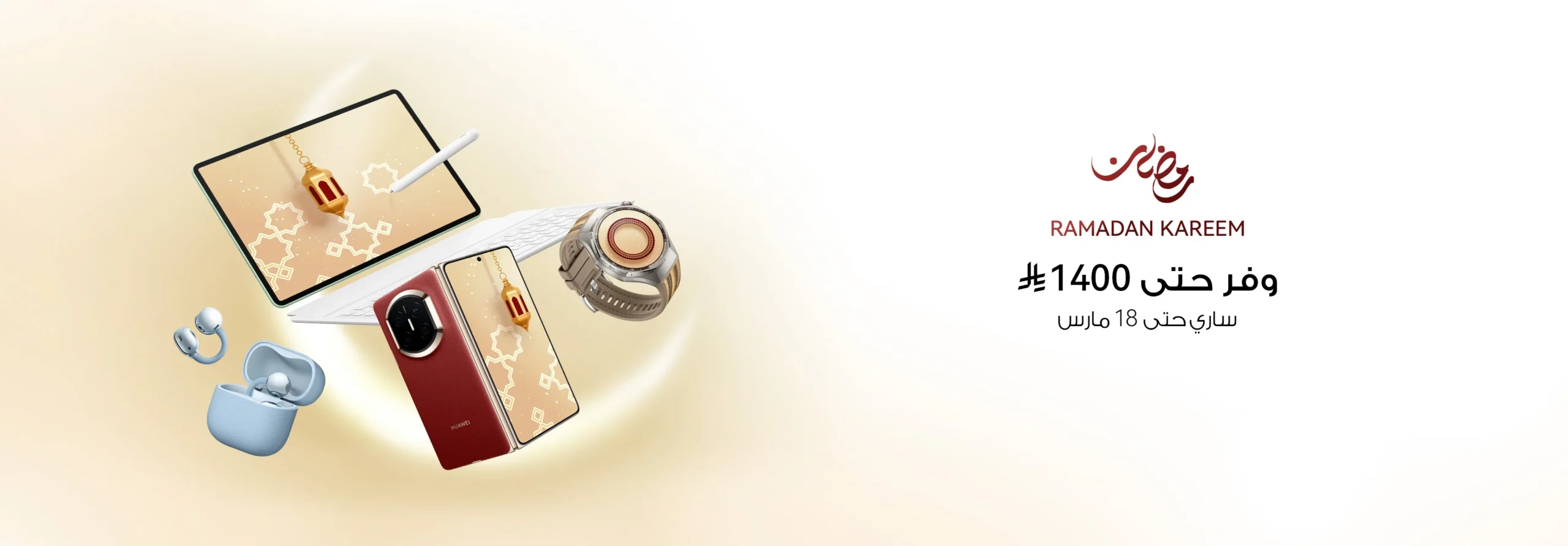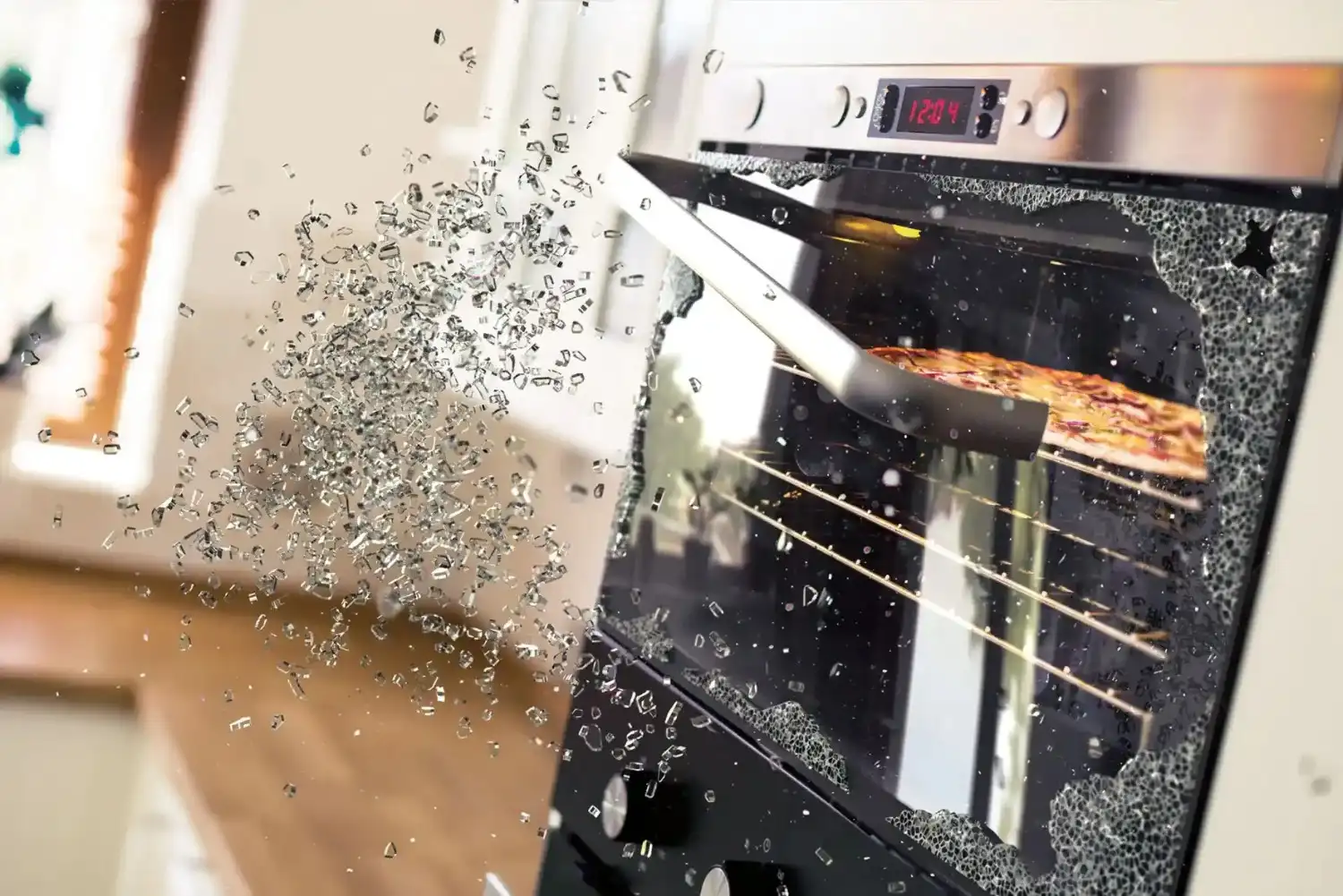Dubai’s wellness sector has grown rapidly, blurring the line between luxurious spas and convenient in-home services. Among the most popular trends is the massage home service Dubai, offering professional therapists a visit at your doorstep. But one question looms large: Are mobile massage therapists in Dubai licensed? As someone who’s both a wellness enthusiast and occasional user, I dug into the regulations, met therapists, and here’s what I learned.
Who Regulates Mobile Massage Services in Dubai?
The legal side of the mobile massage industry in Dubai is strictly regulated by multiple government entities, mainly the Dubai Health Authority (DHA), the Department of Economic Development (DED), and the Dubai Municipality. Each plays a role in ensuring services are provided safely, legally, and professionally.
The Role of the Dubai Health Authority (DHA)
The DHA is the primary licensing body for massage therapists. Anyone offering massage therapy, whether in a spa or as part of a home service, must be licensed by the DHA. This involves meeting several requirements, including a minimum of 600 hours of training, two years of experience, Basic Life Support certification, and passing a written exam for specialized practices such as medical or sports massage. Only after these requirements are fulfilled is a DHA license granted.
The Role of the DED and Municipality
The Department of Economic Development ensures that the business entity offering home massage is properly registered. It issues trade licenses, which include permission for mobile operations, provided all conditions are met. These licenses also control how the business is marketed and ensure it operates under an appropriate name—massage centers must avoid misleading or inappropriate branding.
Dubai Municipality doesn’t directly license therapists, but it does enforce hygiene standards. It inspects materials, uniforms, equipment, and the overall sanitation of services provided by mobile therapists. Hygiene is a huge priority in Dubai, and any negligence can lead to fines or business suspension.
Is Home Massage Legal in Dubai?
So, is it legal to get a massage at home in Dubai? Yes—but only if the therapist is properly licensed and working for a DED-registered business that complies with DHA and Municipality rules. If you’re booking a therapist privately without documentation, you may be unknowingly engaging an unlicensed service, which can carry risks both legally and medically.
My Personal Experience with Licensed Massage Services
In my experience with licensed massage home service Dubai providers, professionalism and transparency were consistent themes. One provider sent me the therapist’s DHA license details before confirming my booking. Another explained in advance what safety protocols and sanitation procedures would be followed during the visit. They arrived with fresh linens, a portable massage table, sealed oils, and wore a proper uniform. It felt no different than being in a top-tier wellness spa—except in my own home.
The Risk of Using Unlicensed Therapists
But not every service out there operates with the same standards. It’s common to find online ads or social media listings promoting freelance massage services. These often seem cheaper and more flexible, but there’s usually no licensing involved. That’s risky. Not only are these therapists unregulated, but they might also lack the knowledge to safely handle conditions like muscle inflammation, pregnancy, joint pain, or medical issues that require specific techniques.
Booking from an unlicensed individual means there’s no health insurance coverage if something goes wrong. There are also serious legal implications. Dubai authorities frequently conduct raids and shut down illegal massage operations, some of which operate covertly under the pretense of beauty or wellness. Even being a customer of such services can expose you to fines or questioning if authorities investigate.
How to Verify Licensing and Safety
So, how do you make sure your mobile massage therapist is truly licensed? Start by asking the company directly. A DHA-licensed therapist will have a professional ID or license number that you can verify. Many companies list their DHA approval on their websites or in the booking confirmation. You can also ask if the provider has a valid trade license under the appropriate activity code. If you’re unsure, look up the company name through Dubai’s DED e-services.
Another key sign of legitimacy is professionalism. Licensed providers arrive in uniform, bring sterilized equipment, and offer a proper consultation before beginning the session. They will never offer or advertise services that are illegal under Dubai law, such as erotic massage or body-to-body massage. Any mention of such services is a red flag.
You should also check for online reviews. Platforms like Google Maps or specialized wellness booking apps often display customer ratings. Most of the reputable services I tried had consistent five-star ratings and verified customer feedback that mentioned hygiene, punctuality, and quality of care.
Why Licensing Matters for Your Health
Why does licensing matter so much? It’s not just about legality—it’s about health and peace of mind. Licensed therapists are trained in anatomy, pressure techniques, and how to adjust the session based on your needs. For example, if you’re recovering from an injury or dealing with chronic back pain, a trained therapist will know what to avoid and how to target your muscles correctly. An untrained or uncertified person can do more harm than good, even if they claim years of experience.
Final Thoughts: Choose Licensed, Choose Safe
Dubai’s massage industry is also known for being forward-thinking. Many mobile massage providers now use technology to improve safety and convenience. Some apps allow you to view the therapist’s license before booking, chat with customer support in real time, and pay securely online without any cash exchange. These platforms are your safest bet when searching for a legitimate massage home service Dubai.
In conclusion, yes, mobile massage therapists in Dubai can absolutely be licensed—and they must be, by law, if they’re offering services to the public. The DHA, DED, and Dubai Municipality work together to regulate and monitor this growing industry, ensuring both safety and professionalism. If you’re considering a home massage in Dubai, make sure to book through a reputable provider, confirm licensing, and avoid any offers that seem suspiciously cheap or unregulated.
As someone who enjoys regular in-home massage sessions, I’ve found that the peace of mind and quality delivered by licensed professionals is well worth the extra care in choosing the right provider. It’s not just a massage—it’s your health, safety, and trust on the line.








